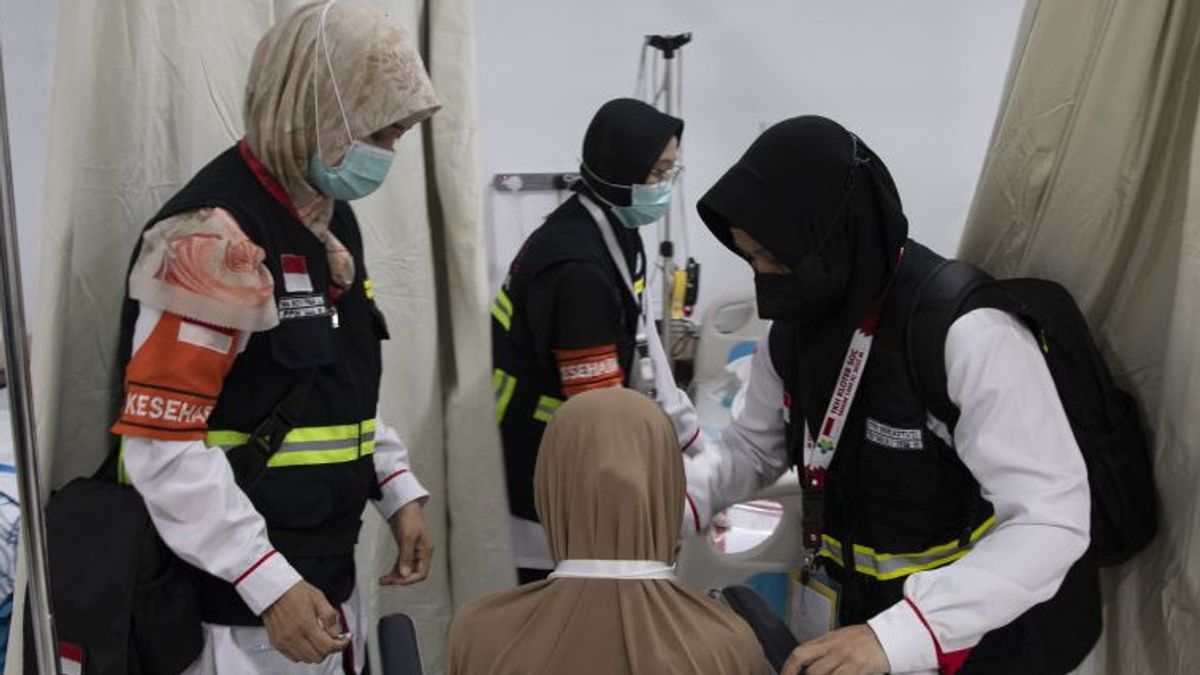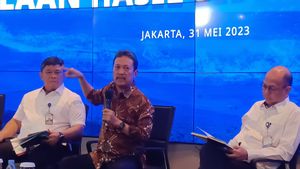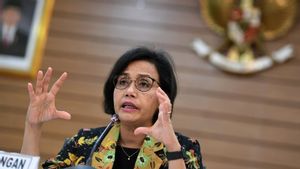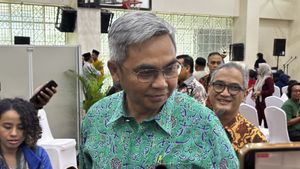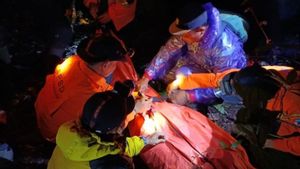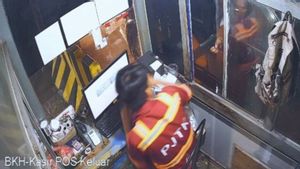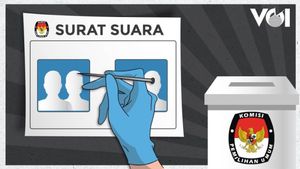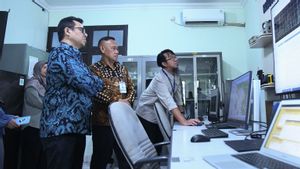JAKARTA - Director of Hajj Development at the Directorate General of PHU at the Ministry of Religion, Arsad Hidayat, appreciates the existence of satellite clinics in each hotel because they are very useful for pilgrims, especially the elderly.
"Early pilgrims need health services that are close to them, satellite health services are made," he said in Mecca, quoted from Antara, Saturday, June 10.
He said the existence of the 24-hour clinic made it easier for the congregation to check their health.
"Congregants can check their tension after returning from the mosque," he said.
The satellite clinic, which is filled by a kloster doctor, he said, can be rescheduled alternately to examine pilgrims from other groups.
"A few years ago they were only service assignments in rooms, sometimes they had to be knocked first if the officers achieved it," said Arsad Hidayat.
Meanwhile, officers from the Indonesian Hajj Health Team (TKHI) Dr. Meky Tri who served at the Rose Garden Hotel sector 10, Mecca said that the pilgrims who seek treatment are dominated by cough and flu.
He said that every day more than 100 prospective pilgrims seek treatment at satellite health services.
另请阅读:
Many Hajj pilgrims complain of cough and runny nose, sore throats and stiffness maybe after tawaf and sati at the Grand Mosque," said Doctor Meky
He also reminded Indonesian pilgrims to drink a lot and wear masks and then spray them using water masks to make them humid.
Satellite health services usually consist of one doctor, two nurses, and a regional hajj officer (PHD) who also has a background as a health worker.
The English, Chinese, Japanese, Arabic, and French versions are automatically generated by the AI. So there may still be inaccuracies in translating, please always see Indonesian as our main language. (system supported by DigitalSiber.id)
